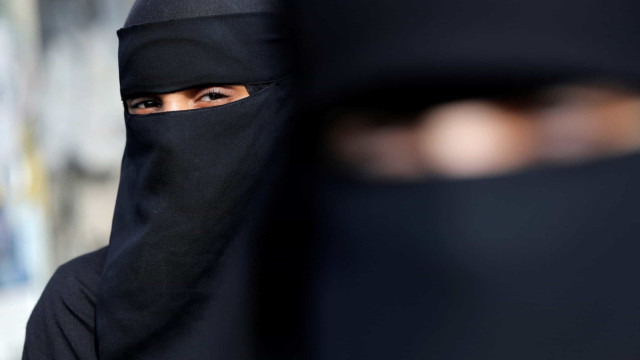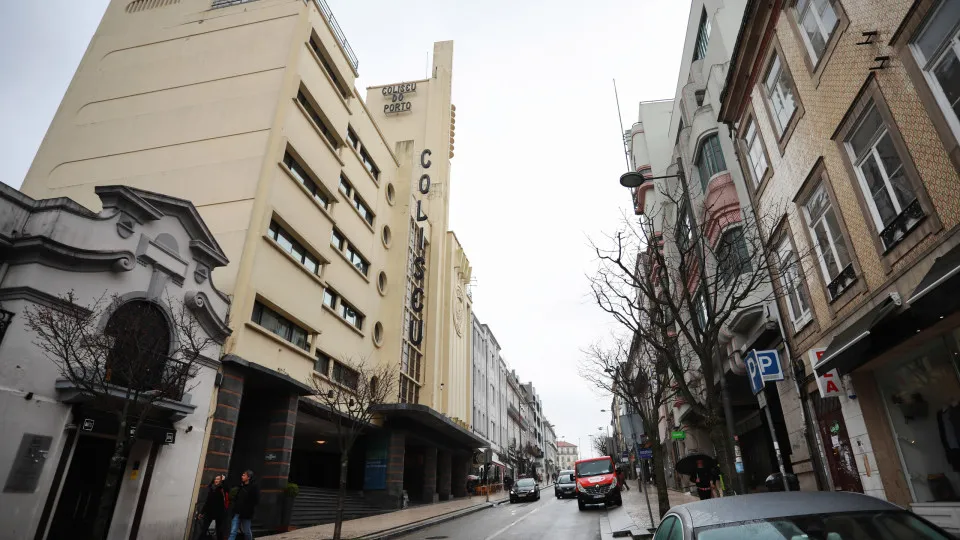Portugal follows the European trend starting from today, after the Portuguese parliament approved, in general terms, the bill from the Chega party to prohibit the use of burqas in public spaces, citing women’s rights and security issues.
Although commonly referred to as ‘burqas’, the ban essentially concerns four types of women’s clothing.
The ‘niqab’ is typically a black veil that covers the face, leaving only the eyes visible, while the ‘burqa’ offers more complete coverage, covering the entire body and face, including a mesh over the eyes.
These veils also include the ‘hijab’, which covers the head, ears, and neck, leaving the face exposed, and the ‘chador’, which covers most of the body while leaving the face uncovered.
Here is a list of some states that have banned the use of these Islamic religious veils:
France
It was the first European country to ban the public use of veils covering the entire face when it extended a 2004 law in 2011 that already prohibited religious symbols in schools.
Violation of the law can result in a fine or mandatory civic education.
The French government justified that the use of burqas and other veils violates the country’s secular laws.
Austria
The ban on full-face veils in public spaces was adopted in 2017 with a law known as the “Anti-Veil Law”.
The law was passed with the argument of ensuring security and promoting integration, as facial coverage undermines communication and social cohesion.
The government also emphasized the importance of secularism and commitment to protecting gender equality and social integration.
Germany
The country has had a divided approach, with some states implementing partial bans in schools and public spaces to increase security and communication.
While some regions consider these bans necessary for integration and social cohesion, others fear they may isolate certain communities and undermine social inclusion.
Belgium
The ban dates back to 2011, and offenders can be fined or sentenced to up to seven days in prison, a measure that was upheld by the European Court of Human Rights in 2017.
The government cited public safety and social integration concerns.
The law aims to facilitate communication and prevent people from hiding their identities in public spaces, measures that Belgian authorities defended as essential for ensuring the full participation of all citizens in society.
Bulgaria
The country implemented a partial burqa ban, mainly focusing on public spaces, justified by promoting social cohesion and security.
The government believes facial coverings hinder integration into general Bulgarian society, with the aim of preserving cultural values and maintaining a sense of national rather than religious identity.
Denmark
Copenhagen banned burqas due to the need to protect public security and promote integration in a multicultural society.
The law aims to make people identifiable in public spaces for security reasons, in addition to ensuring gender equality and secularism.
Spain
Madrid banned the ‘burqa’ in some areas of Catalonia, citing the need for security and promotion of gender equality.
Local governments believe facial coverings hinder identification and obstruct integration into Spanish society.
The ban also aims to challenge traditional gender roles and promote secular values.
Italy
The country introduced the prohibition of face-covering veils in certain areas to promote integration and public security.
Local authorities argued that facial coverings impede effective communication and hinder social participation, adding that the law also reflects efforts to balance cultural diversity with social ties.
Netherlands
Amsterdam banned the use of facial coverings like the ‘burqa’ and ‘niqab’ in public places for security and social integration reasons.
The government argued that the ban aimed to promote better communication and a sense of union among citizens.
The law, assured the executive, aligns with the country’s efforts to strengthen secularism and gender equality in public life.

The Assembleia da República (AR) approved this Friday the prohibition of the burqa in public spaces in Portugal. The proposal was made by Chega and had the support of the PSD, IL, and CDS.
Natacha Nunes Costa with Lusa | 12:45 – 17/10/2025
Restrictions, albeit partial and to varying degrees, on the use of veils covering the face or body extend to other countries across several continents, including China, Australia, Russia, Canada, Bosnia and Herzegovina, Kosovo, Kazakhstan, Kyrgyzstan, Uzbekistan, Tajikistan, and Sri Lanka.




